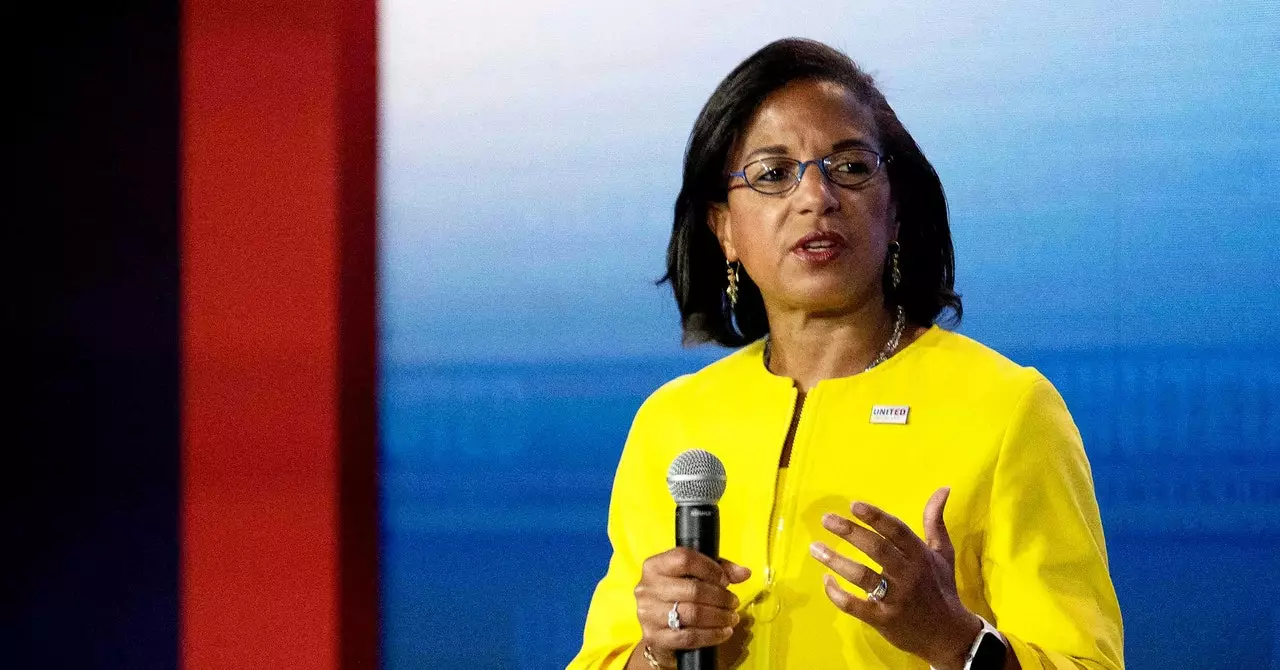In response to the National Telecommunications and Information Administration (NTIA) report, Google and OpenAI have both expressed concerns about potential security threats to their AI models. Google emphasized the importance of safeguarding its secrets through a dedicated security, safety, and reliability organization comprising of experts in the field. They are also working on establishing a framework that would involve an expert committee to regulate access to models and their weights. On the other hand, OpenAI highlighted the need for a mix of open and closed models depending on the situation. The organization recently formed a security committee and published details on the security measures in place to train models, with hopes of setting an example for others to follow.
During a discussion at Stanford, RAND CEO Jason Matheny raised concerns about security vulnerabilities in AI systems. He pointed out that the US imposing export controls on computer chips to limit China’s access has led Chinese developers to resort to stealing AI software. Matheny suggested that China sees the value in investing in cyberattacks to steal AI model weights, as the cost of creating such models is significantly high for companies. This raises questions about the effectiveness of national investments in cybersecurity and the need to address these threats on a global scale.
Google’s involvement in alerting law enforcement about a case involving the theft of AI chip secrets for China underscores the severity of security breaches in the industry. Despite Google’s efforts to maintain strict safeguards, court filings revealed that it took a considerable amount of time to detect the theft of confidential information by an employee, Linwei Ding. Ding, a Chinese national, allegedly copied over 500 files to his personal Google account over the course of a year, evading detection by using various methods to transfer the data. The employee’s alleged communication with the CEO of an AI startup in China and plans to establish his own AI company raise concerns about the extent of data theft and potential collaborations with foreign entities.
The evolving landscape of AI technologies presents numerous challenges for organizations to protect their intellectual property and prevent unauthorized access. The increasing sophistication of cyberattacks and the growing demand for AI advancements highlight the need for robust security measures and effective governance frameworks. As highlighted by Google and OpenAI, a combination of technical safeguards, transparent policies, and regulatory oversight is essential to address security risks and maintain the integrity of AI models.
The concerns raised by industry leaders and experts about the security of AI technologies underscore the critical need for proactive measures to protect sensitive information and prevent unauthorized access. The case of alleged theft of AI chip secrets for China serves as a stark reminder of the threats faced by organizations in the digital age. By prioritizing cybersecurity investments, implementing best practices, and fostering collaboration between stakeholders, the AI industry can address security challenges and build a more resilient ecosystem for innovation and growth.


Leave a Reply